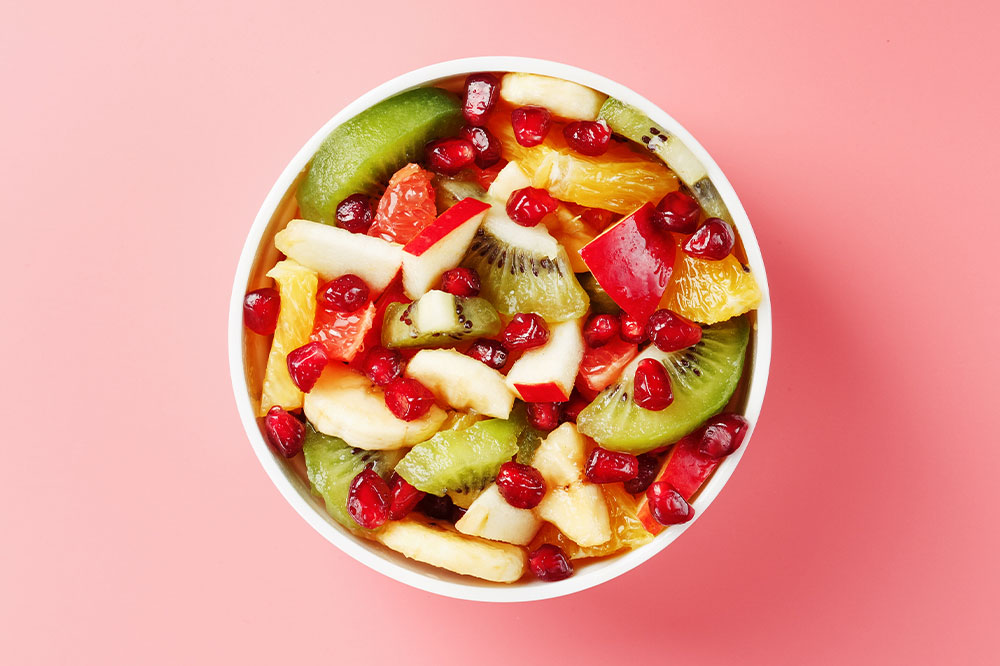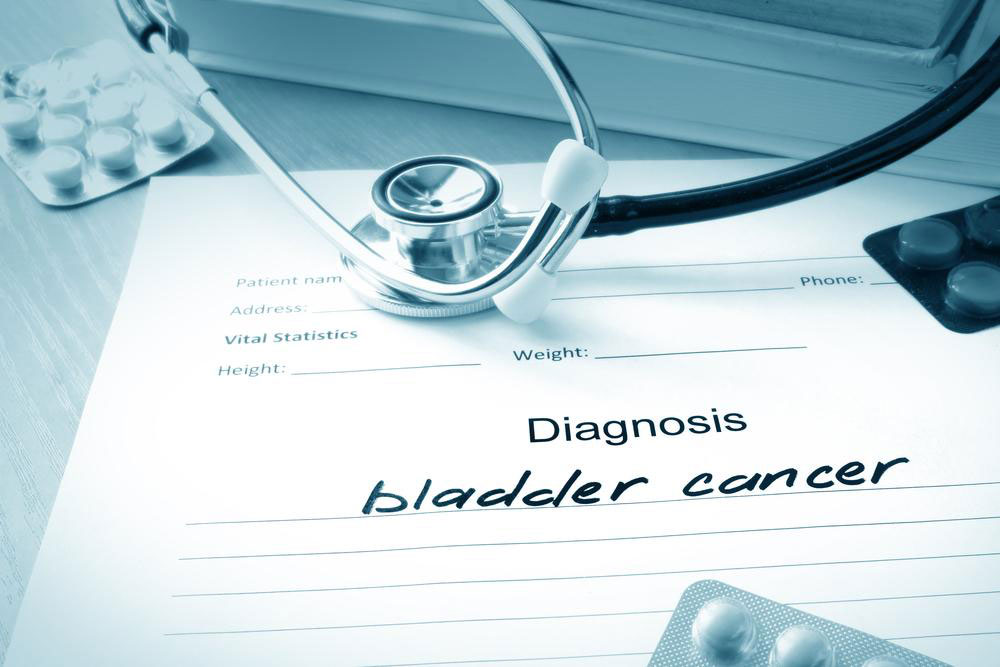Strategies for Cancer Prevention and Care: Nutrition and Therapies
This article explores effective cancer management through nutrition, including antioxidant-rich foods and fiber sources, along with advanced therapies like CAR T-cell therapy, immunotherapy, and targeted drugs. It emphasizes the importance of a balanced diet, highlights new treatment options, and underscores the need for professional medical guidance during cancer care.

Strategies for Cancer Prevention and Care: Nutrition and Therapies
Maintaining proper nutrition is vital for overall health and immune support, especially during cancer treatment. Consuming nutrient-rich foods, including vitamins and minerals from fresh produce and healthy cooking methods, may help lower cancer risk and enhance quality of life. Adjusting dietary habits to focus on specific foods can support immune function and recovery. The following guidelines emphasize the importance of a balanced diet combined with advanced therapies to improve treatment outcomes and overall well-being.
Fruits and Vegetables for Cancer Defense
Oxidative stress caused by free radicals is a main factor in cancer progression. Consuming antioxidant-rich foods like carrots, Brussels sprouts, and squash provides carotenoids with anti-cancer properties. Leafy greens such as broccoli, spinach, and kale are beneficial, alongside citrus fruits, tomatoes, and berries, which contain lycopene and antioxidants that combat oxidative damage. Allium vegetables like garlic and onions, as well as herbs and spices, contain polyphenols that help neutralize free radicals and reduce cancer risk.
Fiber-Rich Foods for Digestive Health
Cancer treatments can sometimes cause constipation; increasing dietary fiber improves digestion and bowel regularity. Foods high in fiber include legumes, nuts, and whole grains such as oats, barley, and rye. Incorporating these into breakfast routines can promote healthy digestion and support overall health during cancer therapy.
Foods to Limit or Avoid
To support health, it is advised to reduce intake of processed foods containing unhealthy fats, saturated fats, and trans fats. Limiting red meat and refined sugars is also beneficial. Cooking with less oil, salt, and spices can further promote better health outcomes during treatment.
Targeted Cancer Therapies
CAR T-cell therapy involves collecting T-cells from the patient, genetically modifying them to better recognize cancer cells, and reintroducing them via transfusion. For gastrointestinal stromal tumors (GIST), the FDA-approved drug ripretinib is prescribed to halt tumor growth, typically taken once daily in tablet form. Bruton tyrosine kinase (BTK) inhibitors like ibrutinib are used for cancers such as mantle cell lymphoma and leukemia but may cause side effects like heart rhythm issues and fatigue. Proper management under medical supervision is essential.
Immunotherapy Approaches
Immune checkpoint inhibitors and monoclonal antibodies are key immunotherapy options that boost the body's ability to attack cancer. Xofigo® (radium-223 dichloride) is used for advanced prostate cancer, administered as an infusion under medical supervision. For relapsed multiple myeloma, Pomalidomide (Pomalyst) combined with dexamethasone has shown effectiveness, with common side effects including fatigue and low blood counts. Ongoing research continually improves these treatments.
Clinical Research in Cancer Treatment
Trials for acute myeloid leukemia (AML) explore novel inhibitors like FLT3 and p53, alongside immunotherapies aiming to eliminate leukemia cells more effectively. For multiple myeloma, therapies such as ABECMA utilize genetically modified T-cells to target cancer. These cutting-edge studies aim to develop safer, more effective treatments for various cancer types.










